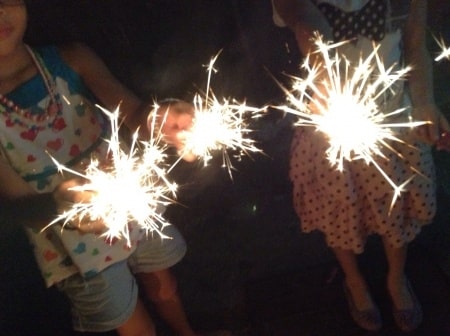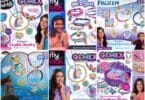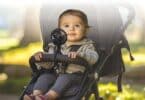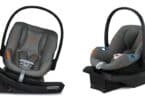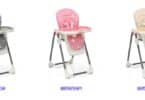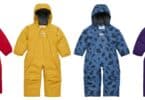As we head into the fireworks weekend in Canada and the United States, the CPSC is urging consumers to celebrate safely. A new study issued this week highlights the importance of safely handling and activating of these colorful explosives after it revealed a steep increase in the number of fireworks-related deaths and injuries in 2013 over the previous year. Device malfunction and improper account for the majority of the injuries.
In 2013, the CPSC notes, there were eight deaths and an estimated 11,400 consumers who sustained injuries related to fireworks. This is an increase of more than 30%, or 8,700 injuries in 2012. What is important to note it that 65%, or 7,400, of the injuries in 2013 occurred in the 30 days surrounding July 4, 2013.
For the study the CPSC staff reviewed fireworks incident reports from hospital emergency rooms, death certificate files, news clippings and other sources to estimate deaths, injuries and incident scenarios. They found that injuries were frequently the result of the user playing with lit fireworks or igniting fireworks while holding the device. Devices that malfunctioned or those that did not work as expected, including injuries due to errant flight paths, devices that tipped over and blowouts were also reported as for causes for injuries.
“CPSC works year-round to help prevent deaths and injuries from legal and illegal fireworks,” said Acting Chairman Bob Adler. “We engage the fireworks industry, monitor incoming fireworks shipments at the ports, and enforce federal safety rules, so that all Americans have a safe Fourth of July.”
Last year, children younger than age 5 experienced a higher estimated per capita injury rate than any other age group. Less powerful items such as sparklers and bottle rockets are often thought of as being safe for kids to handle, when, in fact, these products accounted for more than 40 percent of all estimated injuries.
According to the report, fireworks incidents become deadly when banned, professional and home-manufactured devices are involved. In each of the eight fireworks-related deaths recorded in 2013, the victim was manipulating (or was a bystander to someone who was handling) a banned, professional or home-manufactured device.
CPSC and CBP staff sampled and tested a select number of imported fireworks in 2013. Of those tested, 33 percent were noncompliant with federal regulations. Violations most often involved overloaded report composition and failure to meet fuse burn-time requirements. These violative devices never reached the shelves of American stores or fireworks stands.
Consumers who are planning to purchase and set off legal fireworks are urged to take the following safety steps:
- Make sure the fireworks you want to buy are legal in your area before buying or using them.
- Never allow young children to play with or ignite fireworks, including sparklers. Parents may not realize that young children suffer injuries from sparklers. Sparklers burn at temperatures of about 2,000 degrees?hot enough to melt some metals.
- Always have an adult close by to supervise fireworks activities if older children are allowed to handle devices.
- Avoid buying fireworks that are packaged in brown paper, which is often a sign that the fireworks were made for professional displays and could pose a danger to consumers.
- Never place any part of your body directly over a fireworks device when lighting the fuse. Back up to a safe distance immediately after lighting fireworks.
- Keep a bucket of water or a garden hose handy in case of fire or other mishap.
- Never try to relight or handle malfunctioning fireworks. Soak them with water and throw them away.
- Never point or throw fireworks at another person.
- Light fireworks one at a time, then move away from them quickly.
- Never carry fireworks in a pocket or shoot them off in metal or glass containers.
- After fireworks complete their burning, douse the spent device with plenty of water from a bucket or hose before discarding the device to prevent a trash fire.
- ATF encourages the public to report the manufacture or sale of illegal fireworks to your local law enforcement agencies or to the ATF hotline at 1-888-ATF-BOMB (1-888-283-2662).

